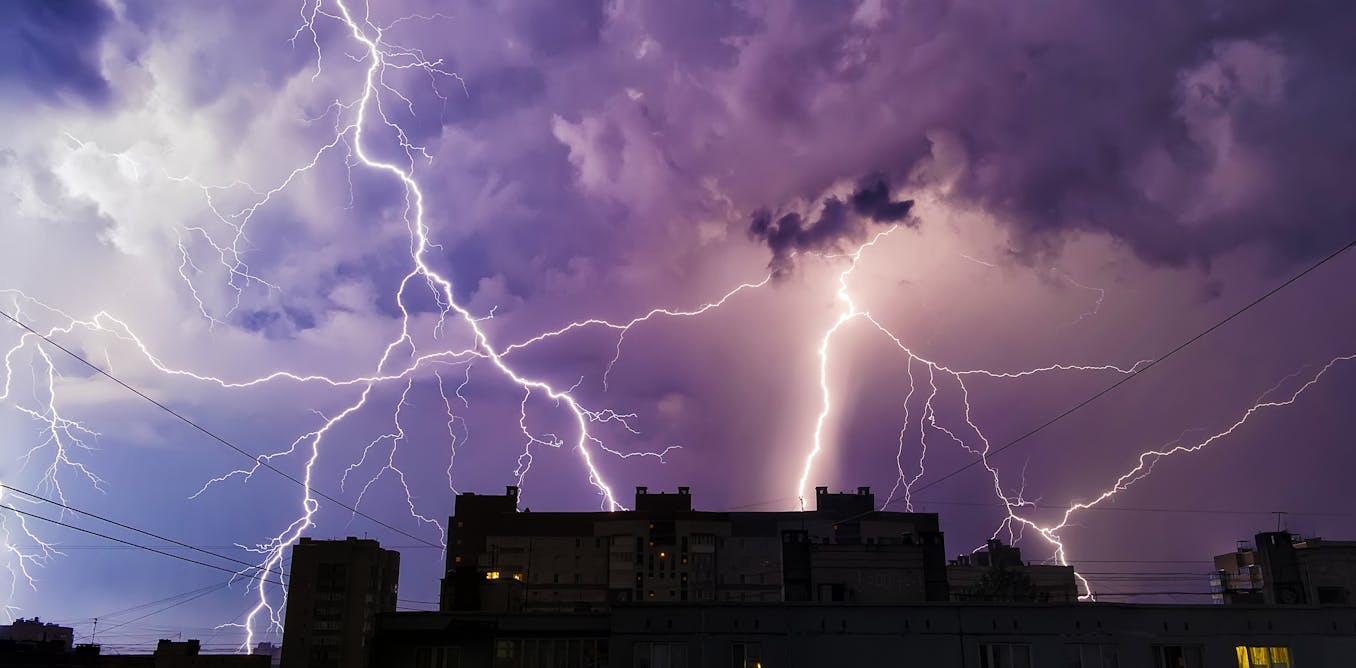Why does lightning zigzag? At last, we have an answer to the mystery
Dr John Lowke was a member of the Standards Australia committee that recommended the change to lightning protection standards.
Everyone has seen lightning and marvelled at its power. But despite its frequency – about 8.6 million lightning strikes occur worldwide every day – why lightning proceeds in a series of steps from the thundercloud to the earth below has remained a mystery.
Continued here